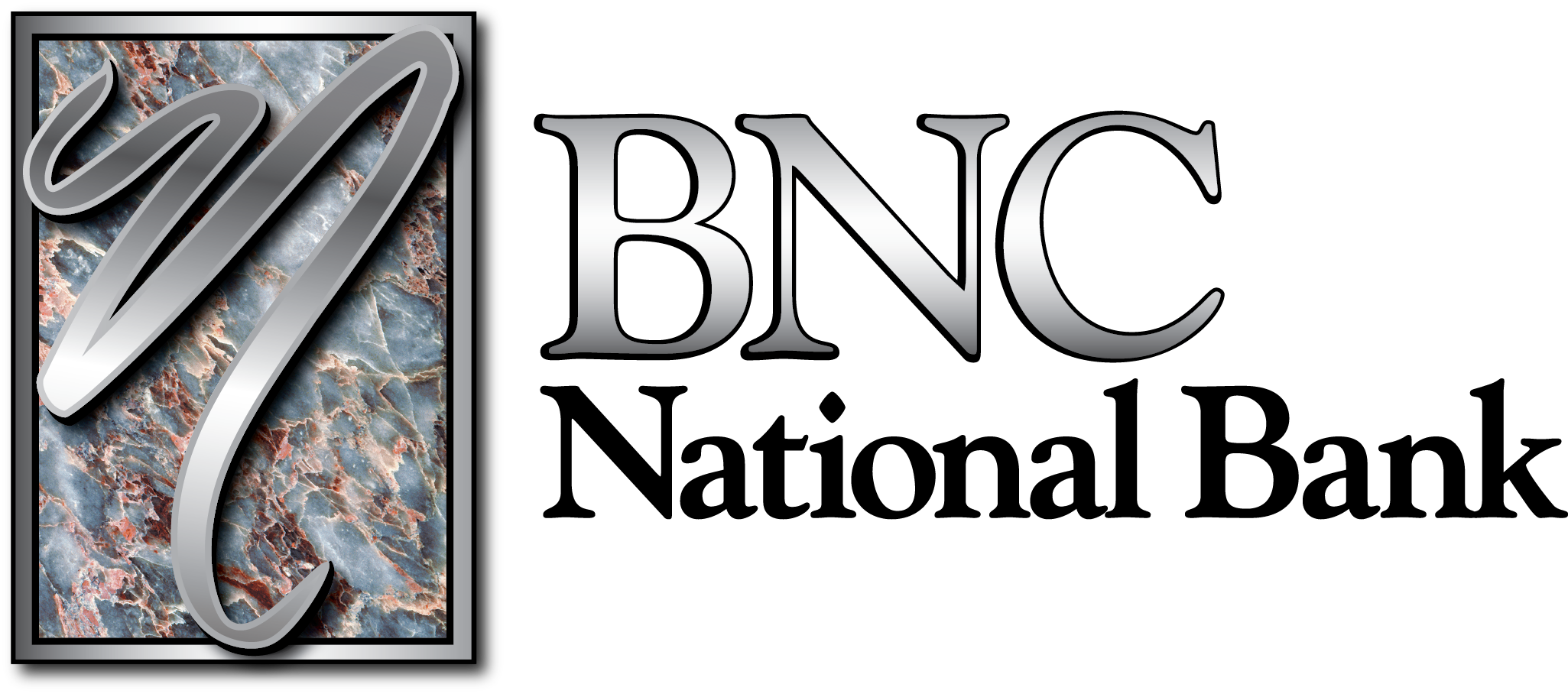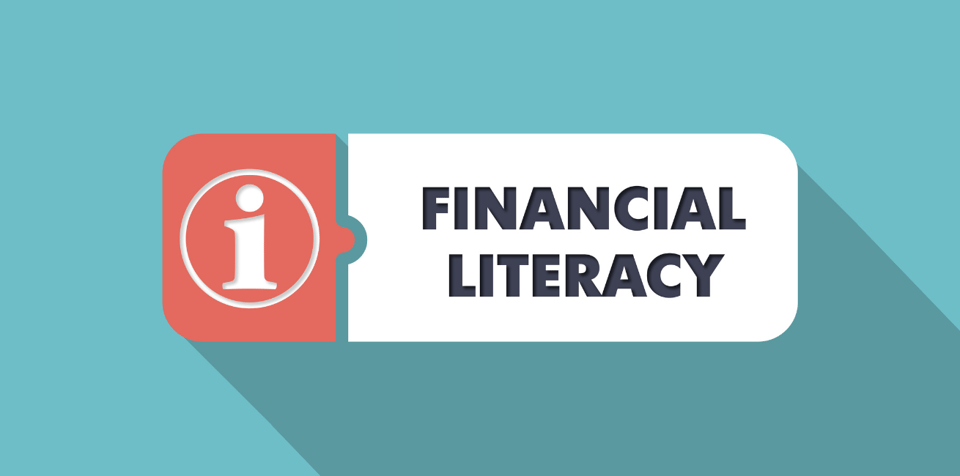New calendar, new year—it’s a fresh start, and that means it’s the perfect time for a financial check-in.
Why? Because knowledge is power, especially when it comes to your finances. Whether you’re saving up for new goals or want to figure out updated ways to boost your financial health, now is the perfect time to look at your accounts with clear eyes. Checking in with your finances can be overwhelming, but trust us: Once you’re done, you’ll be one step closer to meeting your financial goals.
Setting and Reviewing Financial Goals with Your Community Bank
Life changes. So do your financial needs and dreams. We’d wager a bet that, over the holiday season, you looked back over the past year and realized that quite a few things had changed. Those changes may impact your finances.
This isn’t a bad thing! You may just need to replot your course a little bit. Start by reviewing your financial and general life achievements over the past year. Did you save a chunk of change? Get a new job? Pay down debt? Grow your family?
Celebrate these victories! Then, adjust your roadmap, if necessary. One good way to manage that adjustment is to take a look at your budget.
Comprehensive Budget Analysis at Your Community Bank
Reassessing your income, expenses, and savings so you can allocate resources wisely is an invaluable step in your financial journey, no matter the size or sophistication of your budget. With the professionals at your community bank on your side and today’s most intuitive budgeting apps at your fingertips, you’re ready to manage your financial health impeccably.
How Can Your Community Bank Help?
Community banks can help you track spending across all accounts, categorize purchases, and plan regular expenses. This information and the financial products at your bank (such as mobile and online banking) can help you make sure that your budget is accurate, you have the data you need to see how you do over the year, and you have the financial tools you need to truly feel in control of your resources.
Identifying Areas for Improvement
Got an idea of where your money’s currently going? If you need to rethink your budget a little, here are some places you might start:
-
Consider the relevance of each budgeting category: Evaluate where your money is going and think about whether that information reflects your current priorities. If it doesn’t, that may signal a needed change.
-
Evaluate your current and planned expenses as practically as possible: Anticipate changes in expenses in the light of market changes, inflation, or personal lifestyle changes. If you can be proactive and shift budget categories to accommodate these plans, your future self will thank you.
-
Do an evidence-based reality check: Using your online banking account dashboards, conduct a granular review of your documented past spending against your planned budget. Ensure that your allocations are as realistic as possible.
Planning for Future Savings
With your budget analysis completed, it’s time to look forward! Set specific, measurable, achievable, relevant, and time-bound financial goals for the upcoming year. Remember to use the resources and tools offered by community banks for planning and achieving these goals. (Pro tip: Setting up a meeting to discuss these goals with the professionals at your bank can help you get what you need to succeed and provide some accountability.)
Evaluating Investments with Community Bank Insights
You’ve updated your financial goals and you’ve taken an informed look at your budget—now it’s time to review your investments.
Your community bank can help you pursue investments that align with your financial needs and goals, taking into consideration your long-term objectives. The process involves understanding your goals, developing a plan for short-term growth or long-term planning, and investing with confidence.
Depending on your goals, you may need to:
- Create a new financial plan, or update your existing one, to be well-structured and protected against market volatility.
- Reassess your investment asset allocation to make sure it aligns with your long-term financial goals (e.g., how soon you’re retiring).
Working with your community bank can help you take any emotion out of investment decisions—and the professionals at your bank will have the experience necessary to help you manage your investments well.
The Value of Scheduling a Financial Check-in with Your Community Bank
Scheduling a meeting with a financial advisor at a community bank is a wise move for anyone looking to enhance their financial strategy.
Preparing for Your Financial Check-In
Before your meeting, gather and organize a few relevant financial documents, including:
-
Investment and retirement account statements
-
Pension estimates and annuity statements
-
Insurance policy information
-
Real estate holdings and mortgage information
-
Student loan statements
-
Business valuations, if applicable
Want to see for yourself what you can accomplish this year with the help of the professionals at your community bank? The team at BNC National Bank is ready to assist you. Reach out today and schedule your financial check-in!



.jpeg?width=960&length=960&name=AdobeStock_367634928%20(1).jpeg)

